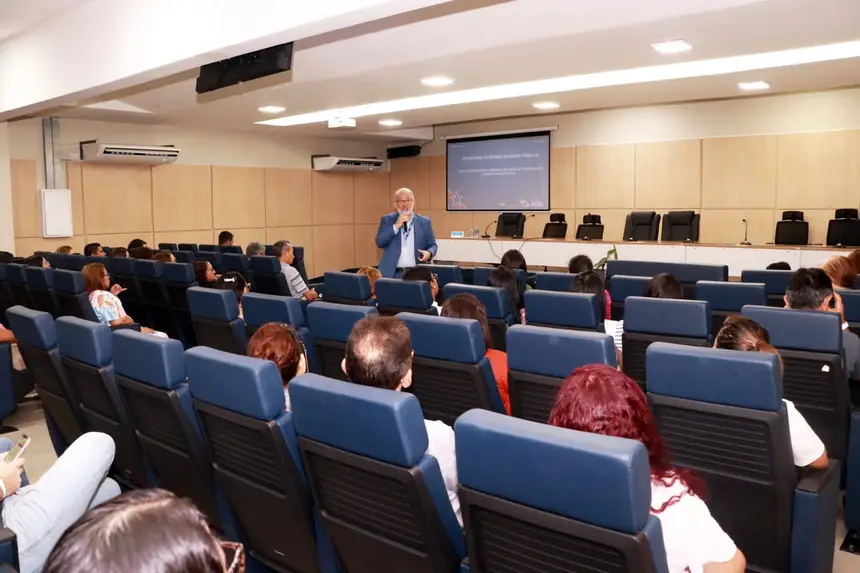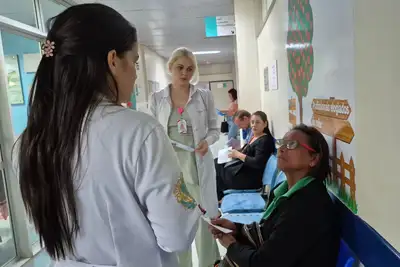Pará strengthens worker health policy with unprecedented workshop at Sespa
Event brings together specialists and managers to discuss integrated actions that enhance the health of the economically active population
Emphasizing the appreciation and care for the health of workers in Pará, the State Department of Public Health (Sespa), through the Reference Center for Worker Health (Cerest), is holding the I Workshop on Qualification in Worker Health from June 24 to 27 at the headquarters of the Secretary in Belém.
The initiative aims to strengthen the National Policy for Worker Health (PNSTT), promoting discussions on advances, challenges, and strategies to ensure comprehensive health care for the economically active population, regardless of employment ties.
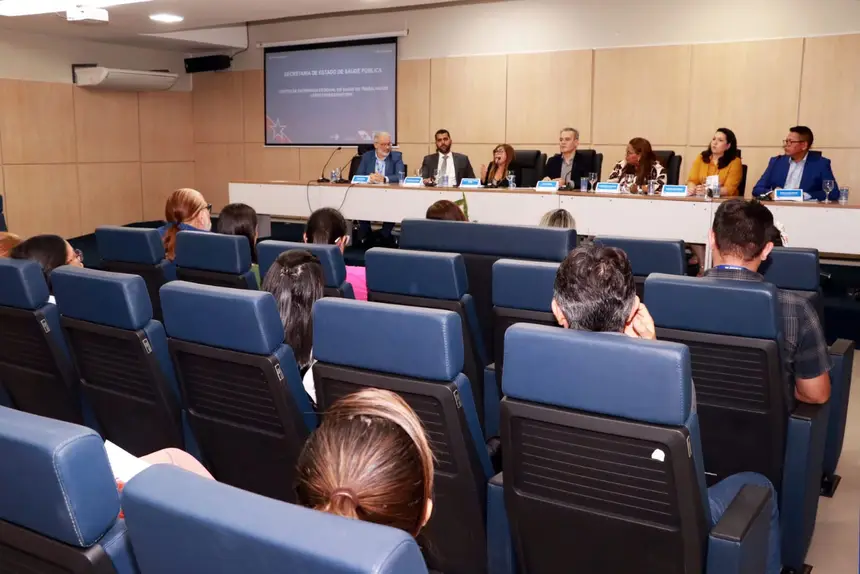
During the program, managers and technicians from Sespa, the 13 Regional Health Centers, the Regional and Municipal Reference Centers for Worker Health (Cerets), as well as representatives from the technical references of the municipalities, participate in lectures, round tables, and presentations of successful experiences in the area.
The strengthening of public policy depends on the qualification of Primary Care professionals, the articulation between management levels, and integration with surveillance services. In this sense, the workshop aims to align strategies and stimulate the execution of joint and permanent actions.
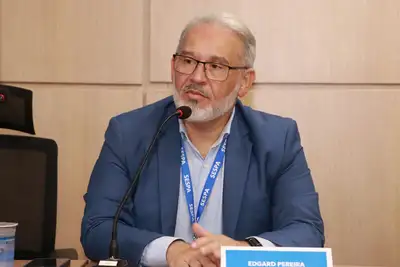
Appreciation - According to the coordinator of the State Reference Center for Worker Health, Edgard Pereira, the event reinforces the importance of comprehensive care for workers, involving actions of promotion, prevention, and assistance. “Our goal is to strengthen the Worker Health Policy in Pará, training the technical references of the Regional Health Centers and the Municipal Secretariats of the 144 municipalities. We want to expand the reach of this policy throughout the Pará territory, ensuring more protection and rights for workers,” highlighted the coordinator.

Roberta Souza, director of the Department of Environmental Surveillance and Worker Health (Divast), emphasized the importance of the workshop held in Belém as a milestone for strengthening worker health policies in the State. “The participation of municipalities, the Reference Centers for Worker Health, and various institutions reinforces the cause. The one who benefits from an event like this is the worker, who needs to have guaranteed decent working conditions, to avoid illness and have their rights ensured with proper monitoring,” said the manager.
She also emphasized the importance of collective commitment in implementing the actions discussed during the event. “It is up to each of us to strengthen, realize, effectuate, and operationalize all the actions that are defined,” added Roberta Souza.
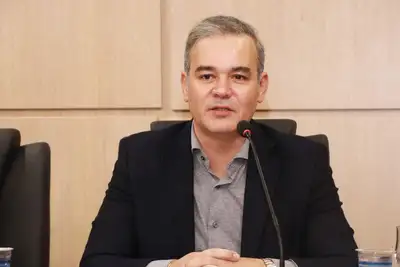
Commitment - “It is a great pride to see the progress in the worker health policy that we are building in Pará. It is a broad vision that values public health with transversality, intersectorality, and a focus on growth. It involves promoting healthier work environments to actions aimed at ergonomics, training, and support for professionals. The realization of this first workshop symbolizes the commitment to the workers of our State,” evaluated the deputy secretary of Administrative Management of Sespa, Edney Mendes Pereira.
Since the promulgation of the Federal Constitution of 1988, worker health is the responsibility of the Unified Health System (SUS), which must act in the promotion, protection, recovery, and rehabilitation of the health of workers exposed to occupational risks.
Text: Suellen Santos - Ascom/Sespa


